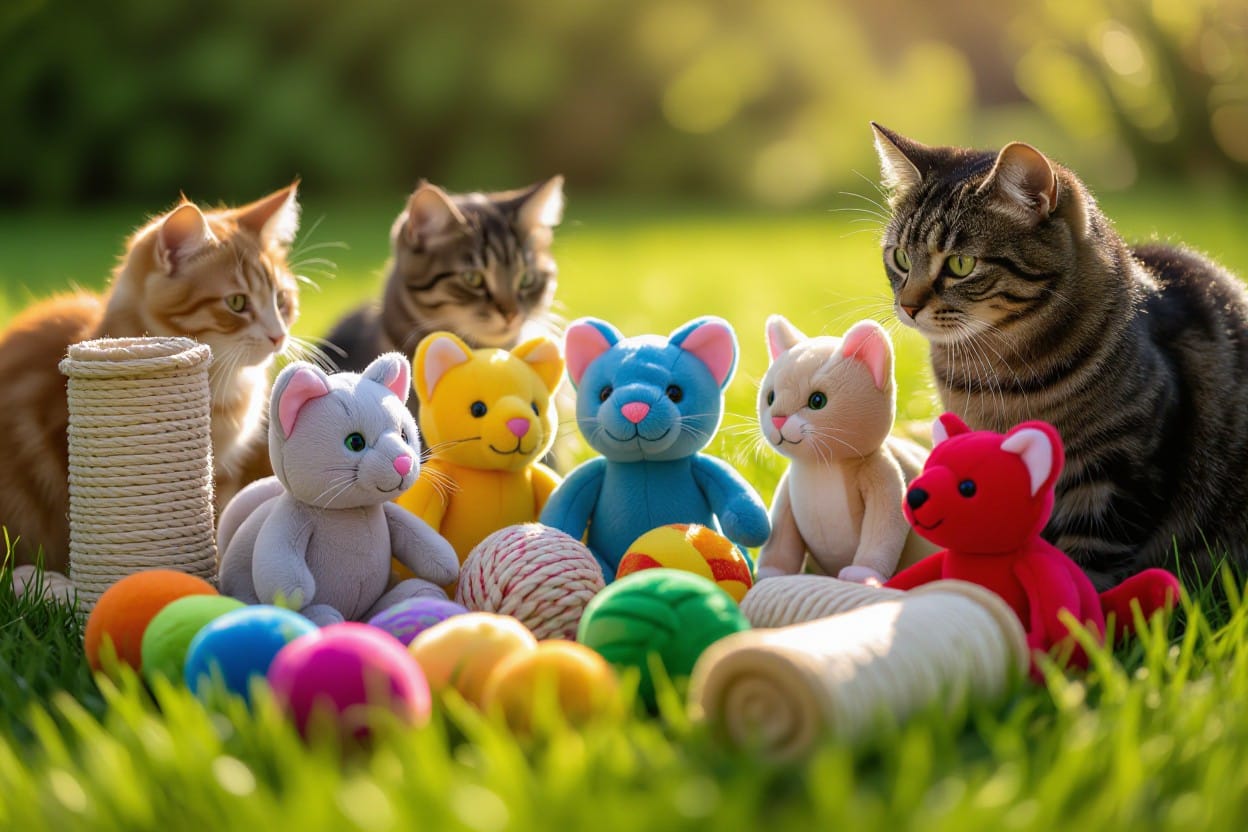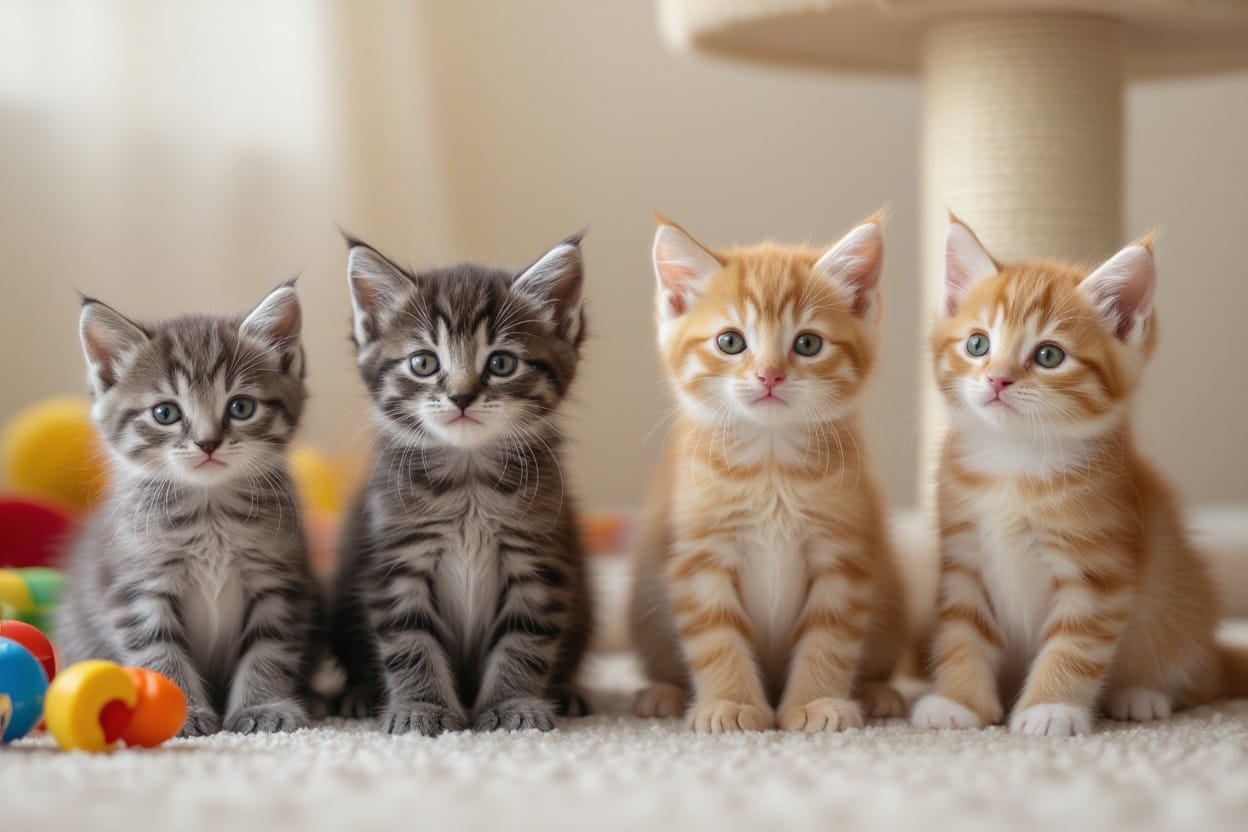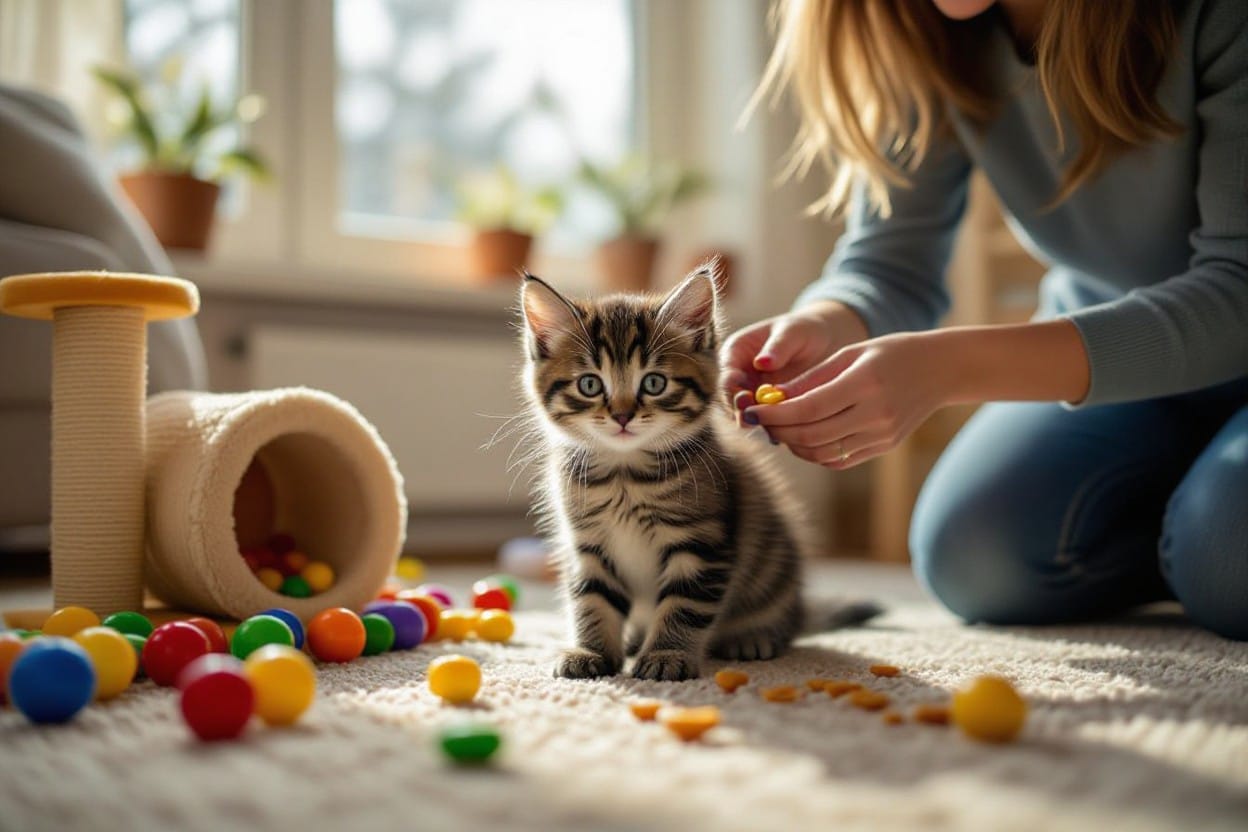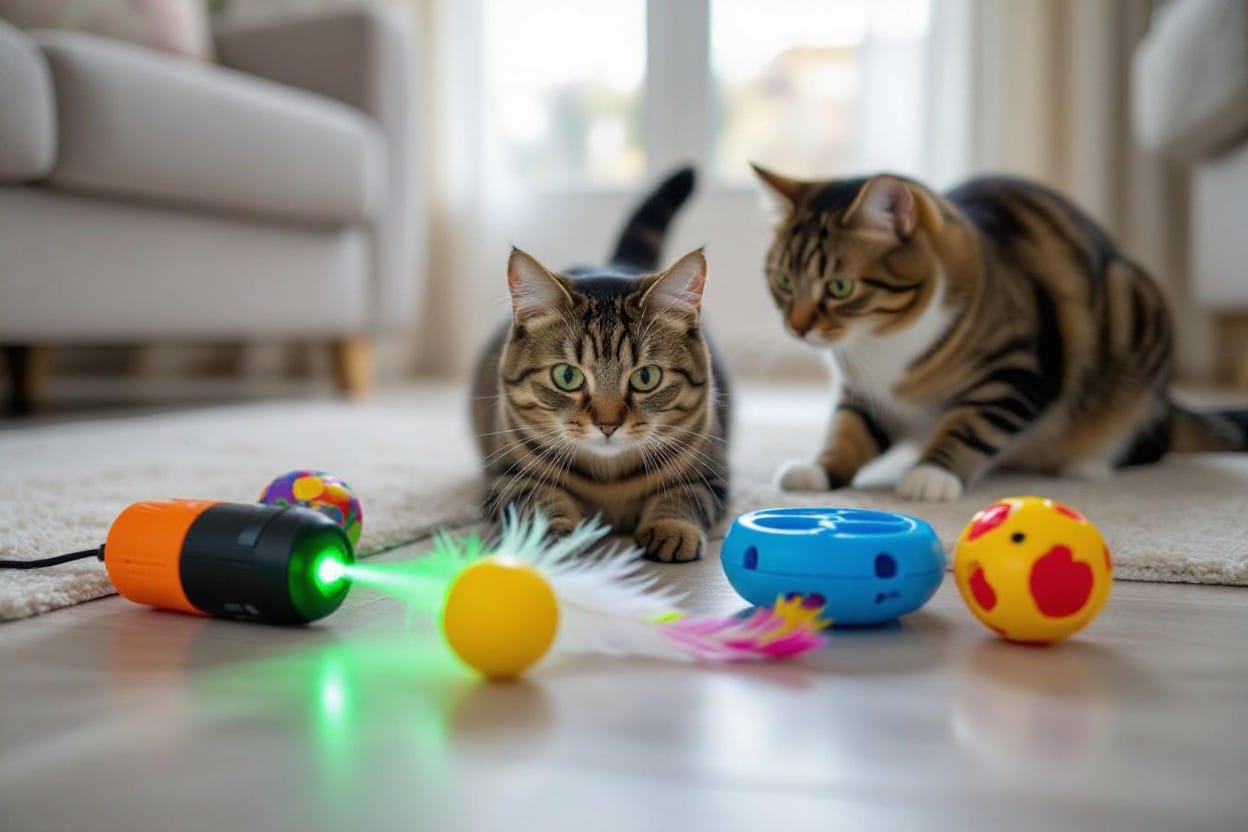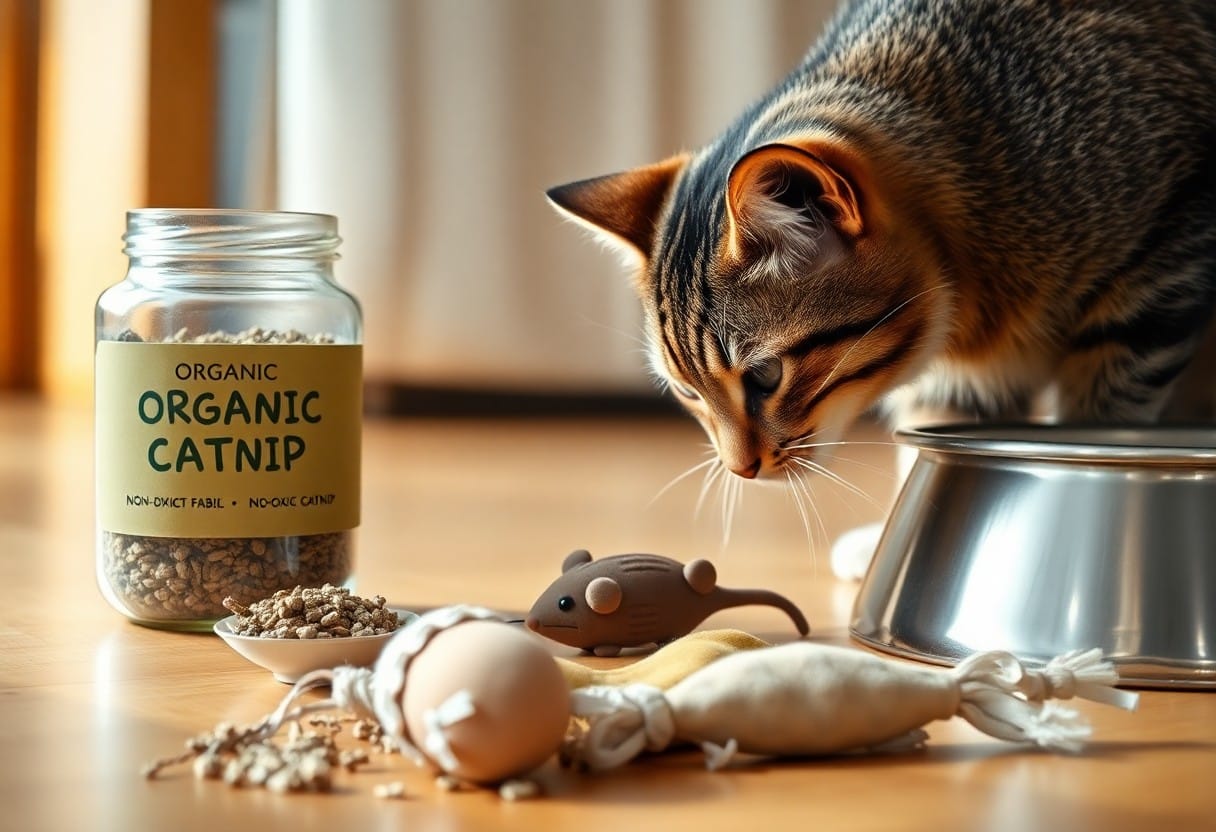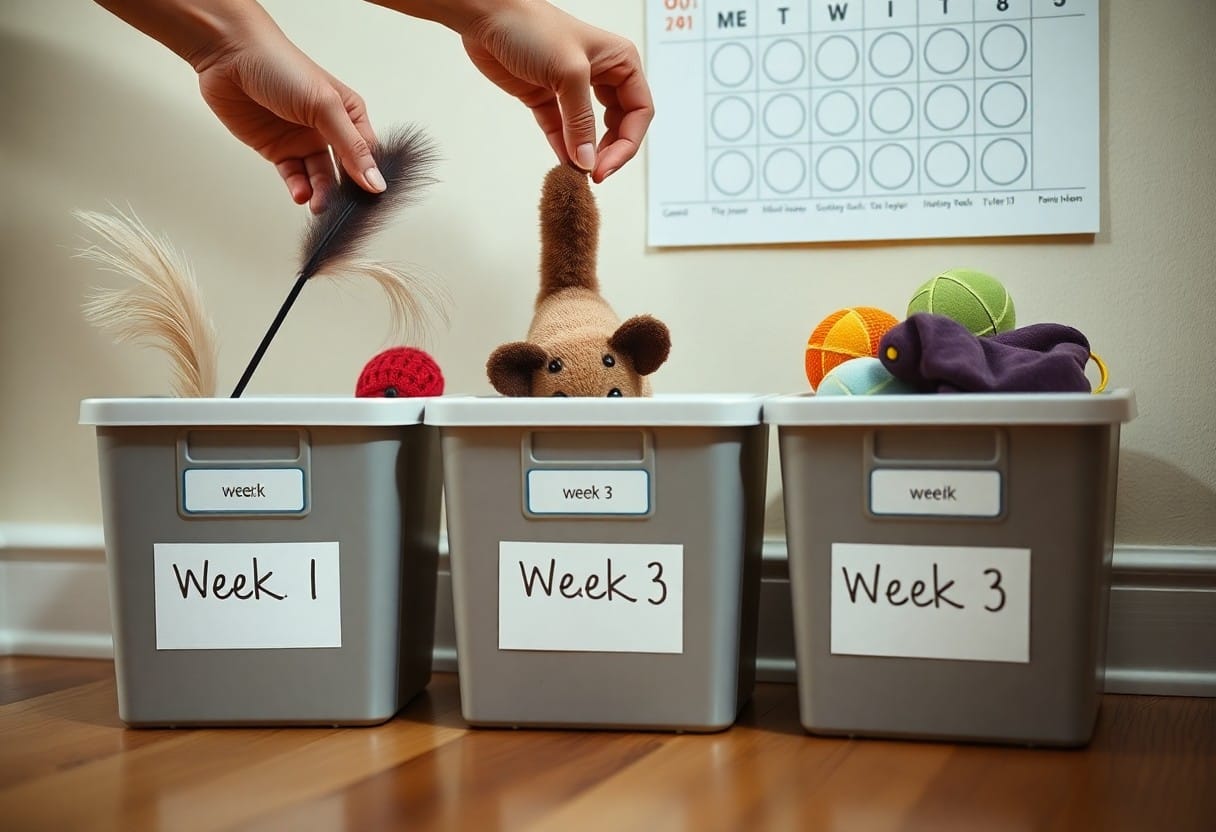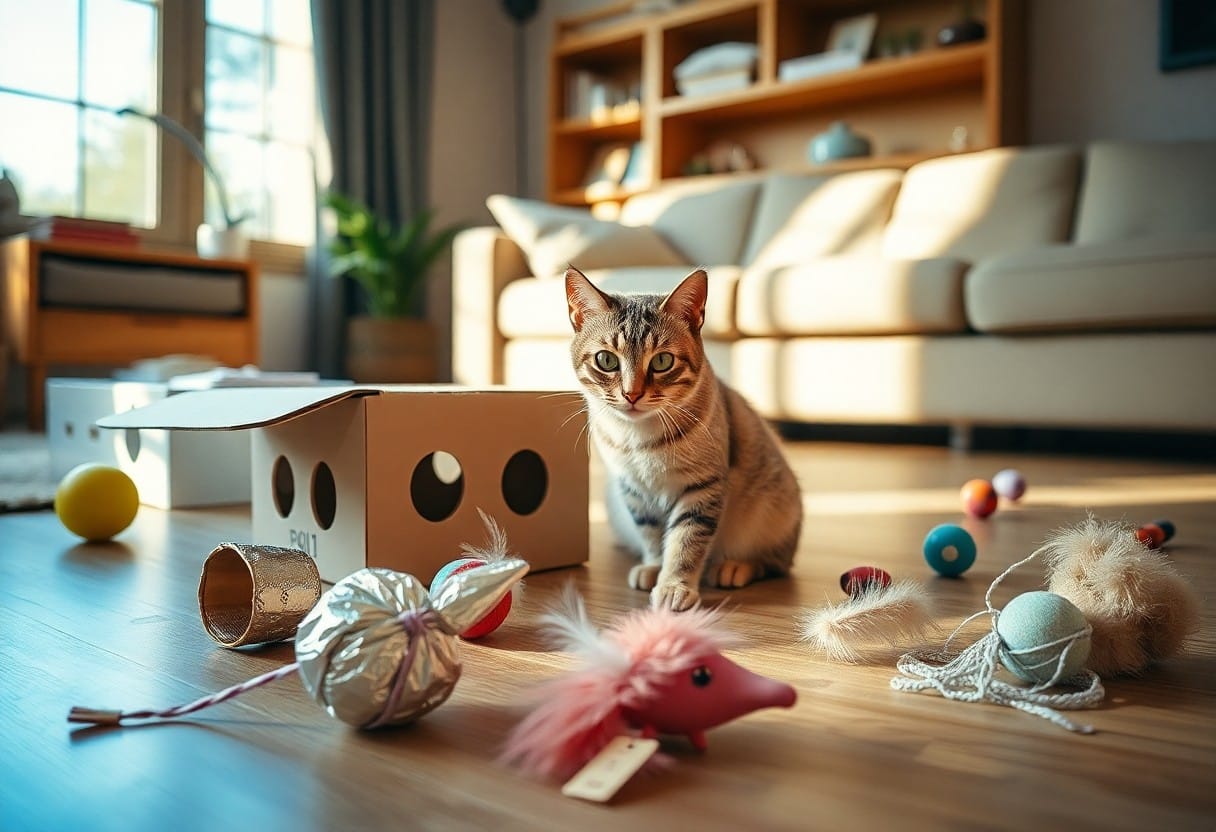Just like with any young animal, early socialization plays a crucial role in shaping a kitten’s future behavior and overall well-being. By exposing kittens to various stimuli, people, and experiences during their critical socialization period, typically between 2 to 7 weeks of age, owners greatly increase the chances of having a happy and well-adjusted feline companion for life. This process helps kittens become more comfortable with different situations, reducing fear and anxiety, and ultimately fostering a confident and outgoing personality.

The Science of Kitten Socialization
Critical Periods for Social Development
Periods of early development are crucial for shaping a kitten’s social behavior for the rest of its life. During the first few weeks, kittens are most receptive to new experiences and socialization. This critical period is when they learn to interact with other animals, humans, and their environment. It is imperative to expose kittens to a variety of positive experiences during this time to help them grow into confident and well-adjusted adult cats.
The Role of Play in Learning and Bonding
Developmental play is not just a frivolous activity for kittens; it plays a vital role in their learning and socialization process. Through play, kittens learn valuable skills such as hunting, pouncing, and social interaction. Playful interactions with littermates and humans also help strengthen the bond between kittens and their caregivers. Encouraging play in a safe and stimulating environment is key to developing a well-rounded and socially adept cat.
Learning: Engaging in play is how kittens learn about their world and develop crucial social skills. Playful activities also provide mental stimulation and physical exercise, which are imperative for a kitten’s overall well-being. As kittens grow, play remains an important tool for ongoing learning and social development, reinforcing positive behaviors and strengthening the human-animal bond.
Benefits of Early Socialization
Behavioral Advantages
Now, with early socialization, kittens can develop vital behavioral advantages that will set them up for a lifetime of happiness. During the critical early weeks of a kitten’s life, exposure to different people, animals, environments, and stimuli helps them learn how to interact positively with the world around them. Socialized kittens are more likely to be well-adjusted, confident, and friendly adult cats.
Long-Term Emotional Well-Being
LongTerm, early kitten socialization plays a crucial role in their long-term emotional well-being. Kittens that receive positive interactions with humans and other animals at a young age are better equipped to handle stress, new situations, and changes in their environment as they grow older. This leads to reduced anxiety, fear, and aggression in adulthood, contributing to a more emotionally stable and content feline companion.
Understanding the importance of early socialization in kittens is key to ensuring their lifelong happiness and well-being. By investing time and effort in socializing kittens during their critical development period, pet owners can help create a foundation for a balanced, confident, and emotionally healthy cat that will bring joy and companionship for years to come.
Methods of Socializing Kittens
Handling and Human Interaction
Human interaction is key to socializing kittens effectively. From as young as two weeks old, gently handle kittens for short periods each day. This helps them get used to being touched and picked up, making them more comfortable with human contact as they grow. It also allows them to form positive associations with humans, which is crucial for their social development.
Exposing Kittens to Various Stimuli
Kittens should be exposed to a variety of stimuli to help them become well-adjusted adults. This includes different sounds, sights, and textures. Introduce them to common household noises like the vacuum cleaner or doorbell, as well as different surfaces to walk on such as carpet, tile, and grass. This exposure helps prevent fear of the unknown and promotes confidence in new situations.

Socialization with Other Animals
Importance of Multi-Species Socialization
Not only is socialization with other kittens crucial for a well-adjusted feline companion, but exposure to other animals can greatly benefit a kitten’s overall social skills and tolerance levels. By interacting with different species from a young age, kittens learn to communicate, play, and coexist peacefully with animals outside of their own kind. This can help prevent fear or aggression towards unfamiliar animals later in life and promote a harmonious environment within a multi-pet household.
Safe and Effective Methods for Introducing New Animals
Socialization with other animals should always be a gradual process, especially when introducing new species to a kitten. Start with scent swapping by exchanging bedding or toys between the animals to familiarize them with each other’s scent. Then, allow supervised interactions in a controlled environment to ensure the safety of all animals involved. Provide positive reinforcement in the form of treats and praise for calm and friendly behavior, and be prepared to intervene if any signs of stress or aggression are displayed. Consistency and patience are key when introducing new animals to ensure a successful and harmonious relationship between all furry friends.
To ensure a smooth transition when introducing new animals into a kitten’s environment, it is crucial to monitor their interactions closely and provide safe spaces for each animal to retreat to if needed. Additionally, be mindful of each animal’s body language and behavior cues to assess their comfort levels during socialization. Note, a positive and carefully managed introduction process can lay the foundation for lifelong bonds and happy coexistence between different species in your home.

Overcoming Challenges in Kitten Socialization
Dealing with Shy or Fearful Kittens
Socialization is key in helping shy or fearful kittens thrive in their environment. These kittens may require extra patience and understanding as they acclimate to new people, sounds, and experiences. Start by creating a safe space for them to retreat to when they feel overwhelmed, such as a cozy hiding spot or a quiet room with their vitals.
Encourage positive interactions by offering treats, engaging in gentle play, and using soft, reassuring voices. Consistency and gradual exposure to new stimuli are crucial in helping shy or fearful kittens build confidence and trust in their surroundings.
Recognizing Signs of Stress and Overstimulation
Recognizing signs of stress and overstimulation is vital in ensuring a positive socialization experience for your kitten. Symptoms may include excessive hiding, hissing, dilated pupils, or sudden changes in behavior. It’s crucial to observe your kitten’s body language and responses to interactions closely to identify when they may need a break.
It’s important to remember that every kitten is unique, and what works for one may not work for another. By monitoring their cues and adjusting your approach accordingly, you can help your kitten feel safe and secure as they navigate their socialization journey.
Supporting Lifelong Happiness
Maintaining Social Skills Through Adulthood
Through consistent interaction and positive reinforcement, kittens can maintain their social skills well into adulthood. By continuing to provide opportunities for socialization, whether through playtime with other pets or interactions with humans, cats can keep their social abilities sharp. This ongoing socialization helps to prevent behaviors such as aggression or withdrawal, ensuring that cats remain well-adjusted and happy throughout their lives.
The Role of Environment and Routine in Ongoing Socialization
The environment and routine play a crucial role in the ongoing socialization of cats. Familiar surroundings and consistent daily routines can help cats feel secure and confident, leading to more positive social interactions. Providing enrichment activities and social experiences within the home environment can further enhance a cat’s social skills and overall happiness. By creating a safe and stimulating environment, cat owners can support their feline companions in maintaining a high quality of life.
Supporting lifelong happiness in cats through continued socialization requires dedication and effort on the part of pet owners. By recognizing the importance of maintaining social skills through adulthood and understanding the role of environment and routine in ongoing socialization, cat owners can ensure that their feline friends lead fulfilling and joyful lives.
To wrap up
Now that we have explored the benefits of early kitten socialization for lifelong happiness, it is clear that this crucial period plays a significant role in shaping a cat’s behavior and overall well-being. By exposing kittens to positive experiences with humans, other animals, and different environments during their early weeks of life, we can help them develop into confident, social, and adaptable companions. This early socialization can lead to reduced fearfulness, better coping skills, and a higher likelihood of forming strong bonds with their human families. In the end, the effort put into early kitten socialization can result in a lifetime of happiness for both the cat and their owner.
FAQ
Q: Why is early kitten socialization important?
A: Early kitten socialization is crucial as it lays the foundation for positive interactions with humans, other animals, and new environments. It helps kittens become well-adjusted, confident, and friendly adult cats.
Q: At what age should you start socializing kittens?
A: The critical socialization period for kittens is between 2 and 7 weeks of age. However, you can continue socializing kittens up to 14 weeks old to ensure they develop good social skills.
Q: How can I socialize my kitten effectively?
A: You can socialize your kitten by exposing them to various stimuli such as different people, animals, sounds, and environments in a positive and controlled manner. Use treats, toys, and encouragement to make the experience enjoyable for the kitten.
Q: What are the benefits of early kitten socialization for lifelong happiness?
A: Early kitten socialization helps reduce fear and aggression, increases the likelihood of successful adoptions, enhances the bond between the kitten and their human companions, and promotes overall well-being and mental health in cats.
Q: Can kittens be socialized later in life if they missed the critical period?
A: While it may be more challenging to socialize older kittens or cats who missed the critical socialization period, it is still possible with patience, consistency, and positive reinforcement. Professional help from a behaviorist or trainer may also be beneficial in such cases.
